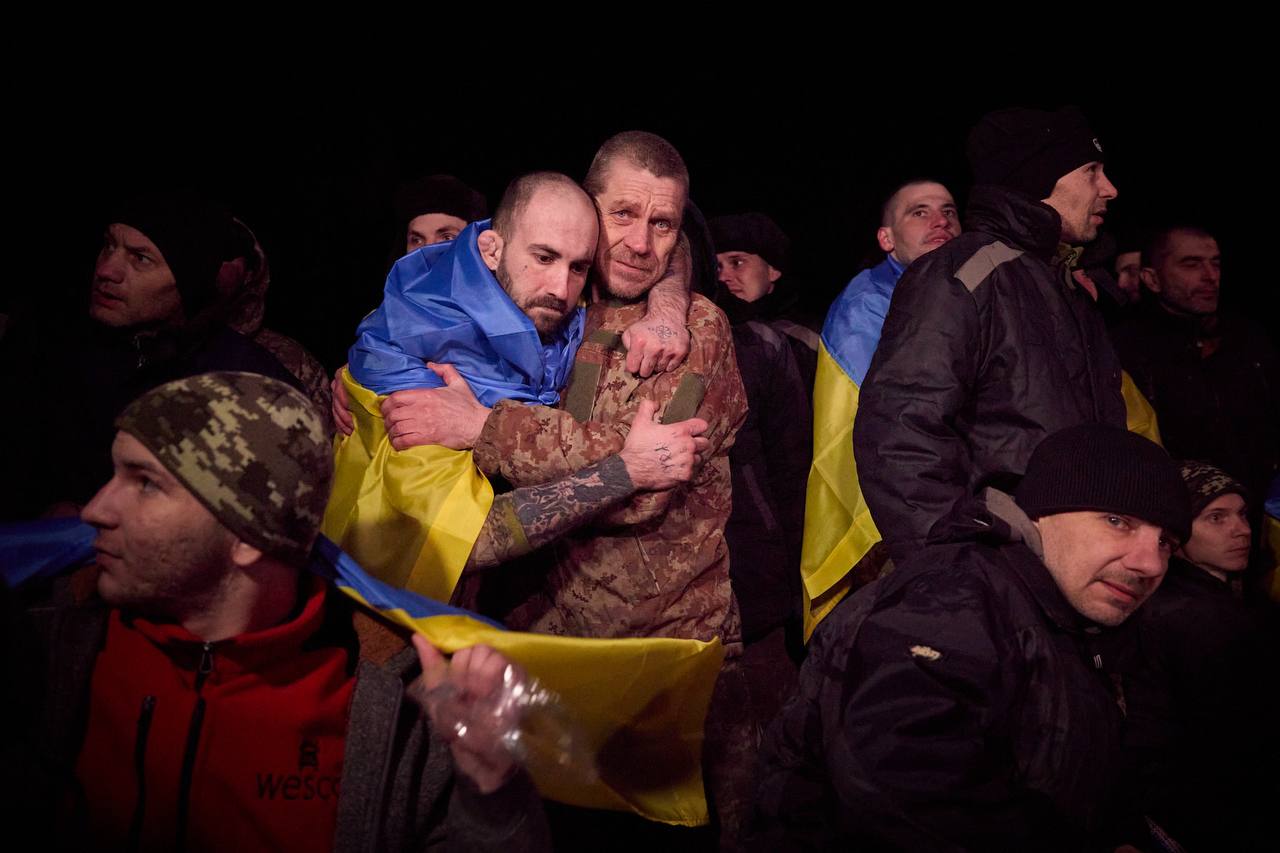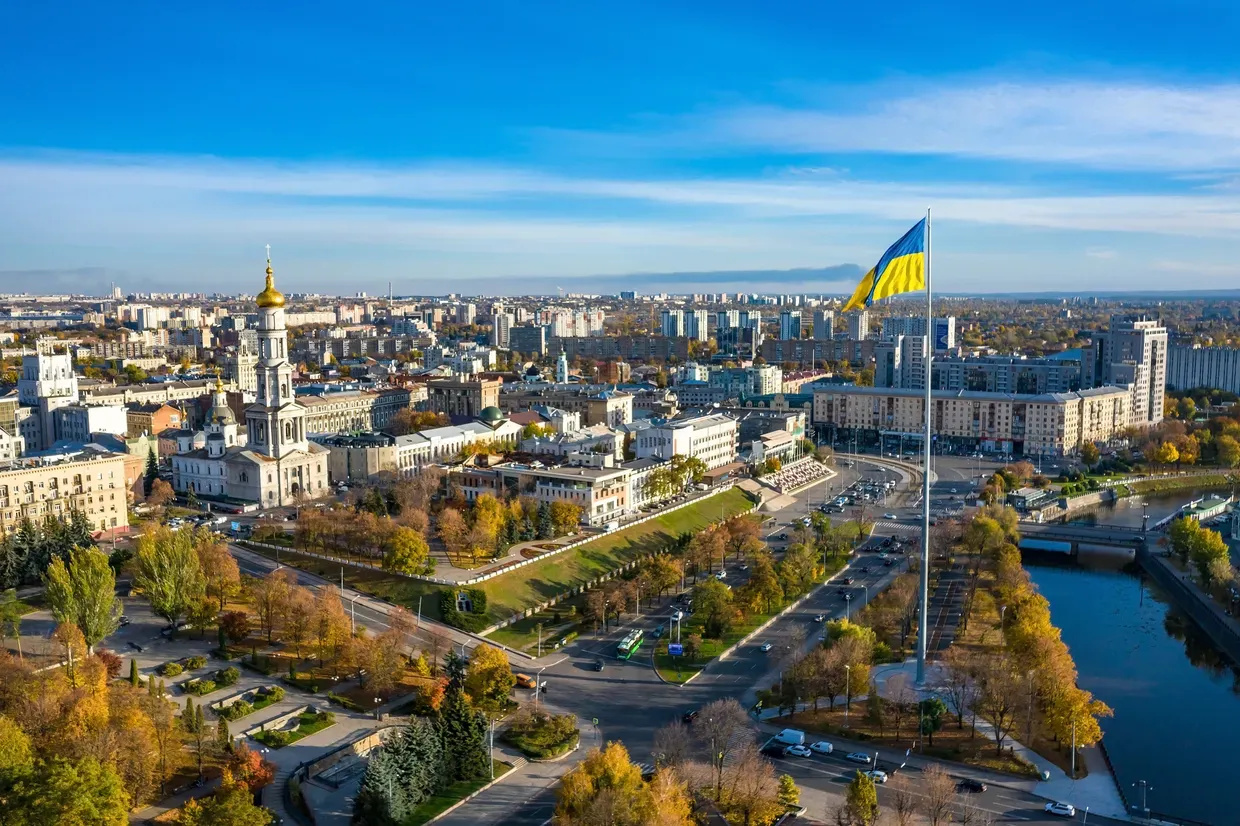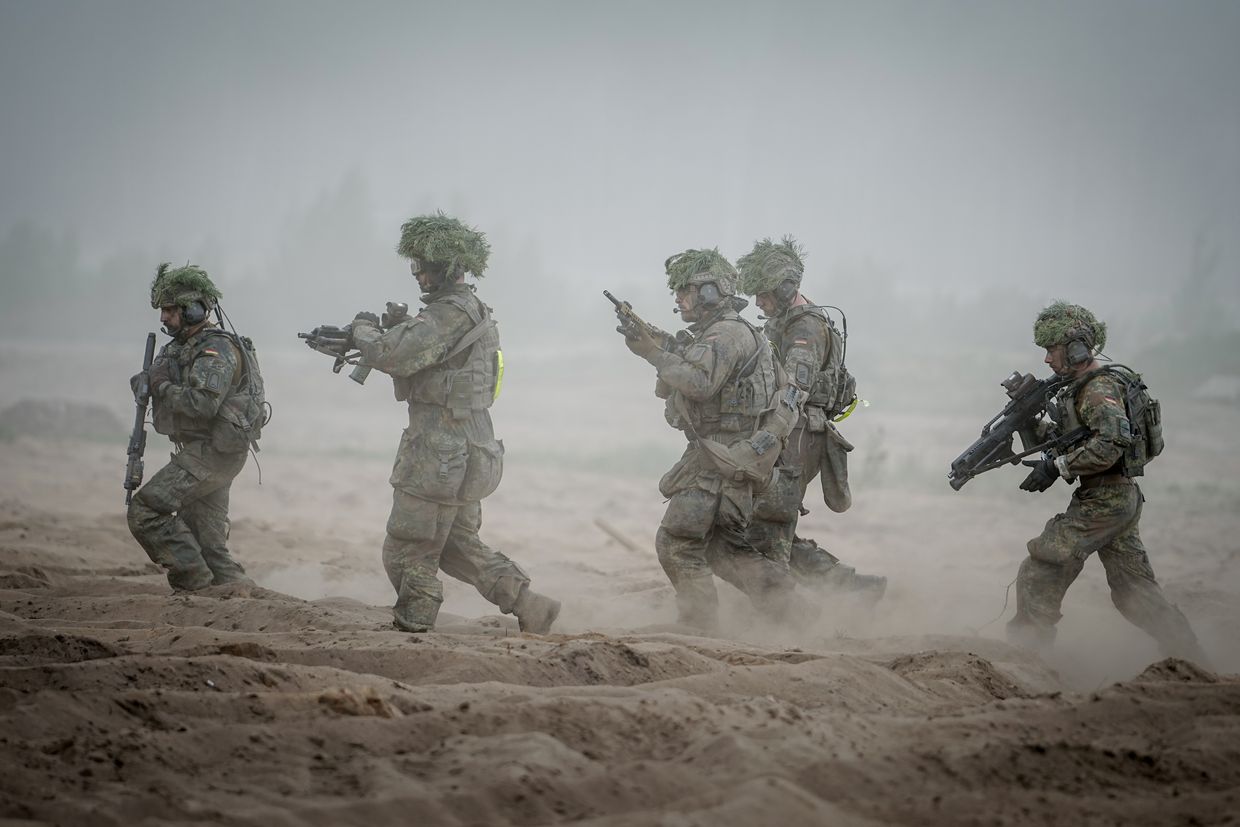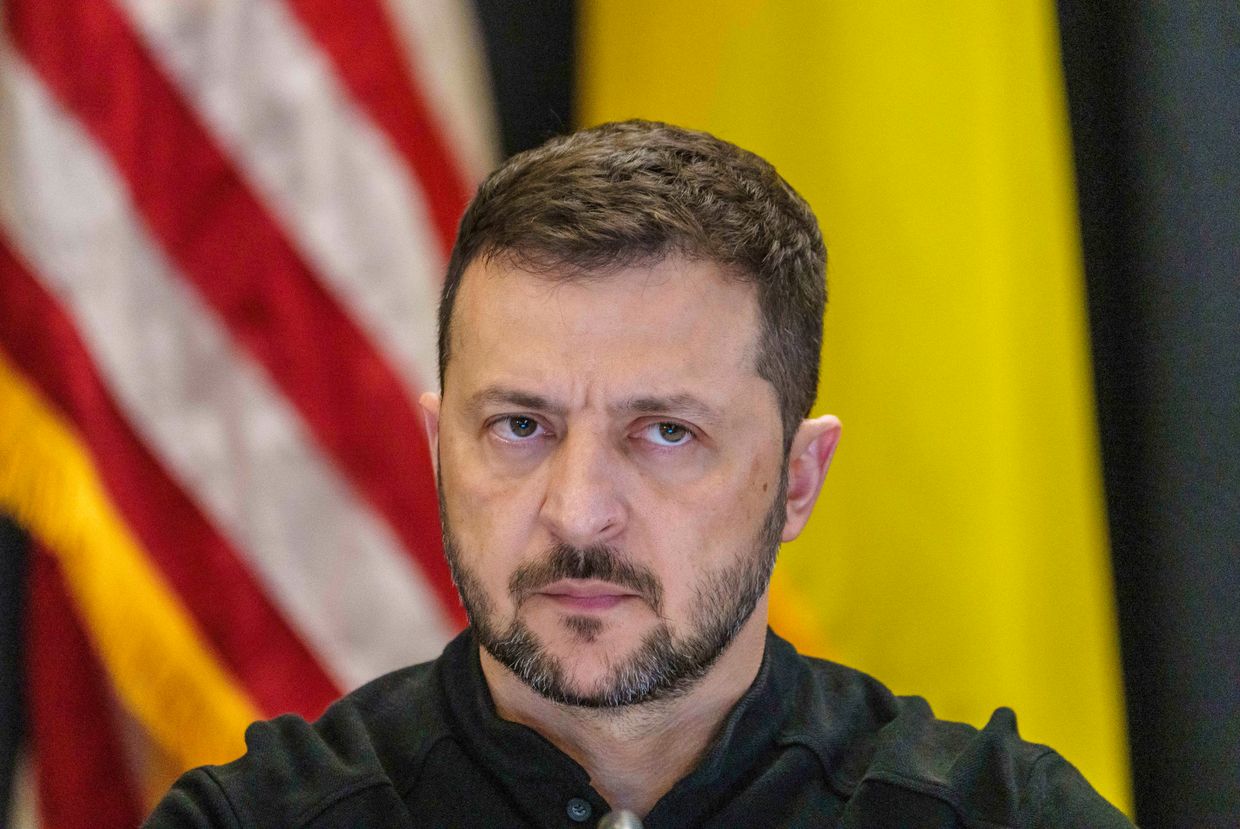Ukraine war latest: Russian forces suspected of killing 6 Ukrainian POWs in Donetsk Oblast

Key developments on Jan. 23:
- Russian forces suspected of killing 6 Ukrainian POWs in Donetsk Oblast
- Ukrainian soldiers near Velyka Novosilka at risk of encirclement, spokesperson says
- Zelensky clarifies comment on 200,000 peacekeepers, says figure depends on Ukrainian army size
- NATO chief urges US to keep arming Ukraine, pledges European funding
- Trump says Russia's war in Ukraine 'will end immediately' if OPEC lowers oil prices
Ukrainian prosecutors are investigating a case of Russian troops summarily executing six Ukrainian captives in the embattled Donetsk Oblast, the Prosecutor General’s Office said on Jan. 23.
The statement came in reaction to a video circulating on social media, recorded by Russian soldiers, that apparently shows the execution of the six prisoners of war (POW). The footage also shows a seventh Ukrainian soldier lying on the ground, whose fate is unknown.
"According to preliminary information, during an assault against Ukrainian positions in Donetsk Oblast, Russian soldiers took six Ukrainian soldiers captive and subsequently shot them," the Prosecutor General’s Office said in a statement.
Executing prisoners of war is a serious violation of the Geneva Conventions and a war crime.
Ukraine’s Ombudsman Dmytro Lubinets said he had reached out to the U.N. and the International Committee of the Red Cross regarding the case.
Throughout the full-scale war, Ukraine has documented widespread violations of the Geneva Conventions by Russian forces, including the execution of over 100 POWs in 2024 alone, according to Lubinets.
Reports of torture, murder, and abuse of Ukrainian captives — particularly in Donetsk Oblast — have surged in recent months.
Visual evidence of these atrocities continues to emerge, underscoring Russia's disregard for international law.
Ukrainian soldiers near Velyka Novosilka at risk of encirclement, spokesperson says
Ukrainian troops positioned near the village of Velyka Novosilka in Donetsk Oblast are at risk of encirclement by Russian forces, military spokesperson Viktor Trehubov said on Jan. 23.
Russian forces are attempting to take control of access routes to the village through heavy fire, according to Trehubov, a spokesperson for Ukraine's Khortytsia group of forces.
"Velyka Novosilka is currently in a rather difficult situation. Ukrainian soldiers are doing everything to prevent further advances of the enemy," Trehubov said.
However, the geographical layout of the area, including a river that cuts through the village, complicates defensive maneuvers, according to Trehubov.
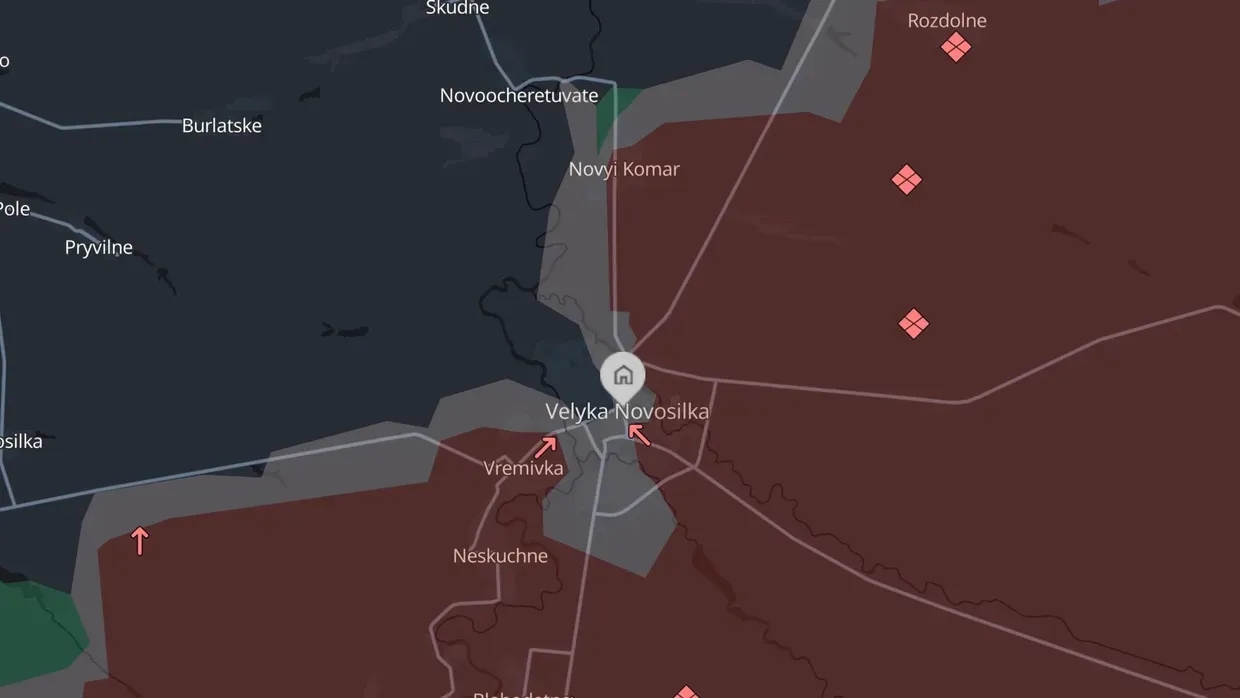
According to Trehubov, Russia's numerical advantage in manpower in the area poses significant challenges.
"They are constantly conducting rotations, adding personnel, and replenishing their deployed forces. They still have this resource," Trehubov added.
He said that preventing encirclement and maintaining access to Velyka Novosilka remains a priority for Ukrainian troops.
Commander-in-Chief Oleksandr Syrskyi previously described the ongoing Russian offensive in the east as "one of the most powerful" since the start of the full-scale invasion in February 2022.
Throughout the fall of 2024, Russian forces made operational gains in southern Donetsk Oblast, including areas near Toretsk and Chasiv Yar, while advancing near Kupiansk and on Russian soil in Kursk Oblast.
Zelensky clarifies comment on 200,000 peacekeepers, says figure depends on Ukrainian army size
President Volodymyr Zelensky on Jan. 22 clarified his earlier comments on the number of European peacekeepers needed to maintain peace in Ukraine, saying the required numbers would depend on the size of Ukraine’s own military.
The statement comes after Zelensky told a journalist at the World Economic Forum in Davos that at least 200,000 European soldiers would be needed for a stable peace deal.
"By the way, I didn’t say we need 200,000 (peacekeepers)... A journalist asked me, I said, 'maybe more, maybe less,'" Zelensky said when asked about the statement in an interview with Bloomberg TV.
Zelensky spoke in comparably stronger terms in Davos, saying: "From all the Europeans? 200,000, it’s a minimum. It’s a minimum, otherwise it’s nothing."
The president explained in the interview that the size of the needed contingent will depend on the strength of the Ukrainian military. As Kyiv would struggle to maintain a million-strong army needed to repel future Russian aggression, fielding such a force would depend on U.S. and European support, he explained.
If the U.S. and Europe prove unwilling to help maintain such an army and Ukraine reduces it "by 200,000, 300,000 or 500,000, it means that other troops have to replace them in those numbers," Zelensky added.
The president’s conclusion was that in the face of such options, Ukraine’s accession to NATO is the cheapest way toward stable peace both for Ukraine and the West. At the same time, Zelensky admitted that some members – namely the U.S., Germany, Slovakia, and Hungary – remain reluctant to allow Ukraine into the alliance.
Zelensky has been in contact with a number of European leaders about the prospects of a peacekeeping mission — an initiative that French President Emmanuel Macron has spearheaded. During a visit to Kyiv on Jan. 16, U.K. Prime Minister Keir Starmer said that his country will play its "full part" in supporting efforts to maintain an enduring peace in Ukraine.
The idea has also found support from U.S. President Donald Trump, who has called upon Europe to take up greater responsibility for Ukraine’s security and pledged to bring a swift end to the war.
NATO chief urges US to keep arming Ukraine, pledges European funding
NATO Secretary General Mark Rutte called on the United States to continue supplying weapons to Ukraine, pledging that Europe will shoulder the financial burden, Reuters reported on Jan. 23.
"If this new Trump administration is willing to keep on supplying Ukraine, the bill will be paid by the Europeans," Rutte said at the World Economic Forum in Davos.
Rutte's remarks come amid the uncertainty of the U.S. support for Ukraine under President Donald Trump, who has repeatedly criticized aid to Kyiv, as well as called on Europe to increase its share.
Trump has repeatedly lambasted European NATO members for not investing enough in their defense capabilities and instead relying on the U.S.
Rutte agreed with Trump's criticism of Europe's low defense spending, saying that "Ukraine is closer to Europe than to the U.S."
Earlier on Jan. 22, President Volodymyr Zelensky emphasized the importance of U.S. leadership in ending Russia's war during an interview with Bloomberg.
"The end of the war must be a victory for U.S. President Donald Trump, not for Russian President Vladimir Putin," Zelensky said.
During his presidential campaign, Trump has repeatedly called for a swift resolution to Russia's war and claimed he would be able to end it quickly. However, he hasn't elaborated on how he plans to achieve that.
On Jan. 22, Trump threatened to impose harsher sanctions on Moscow if a "deal" is not reached soon.
Trump says Russia's war in Ukraine 'will end immediately' if OPEC lowers oil prices
President Donald Trump said on Jan. 23 that he would ask the Organization of the Petroleum Exporting Countries (OPEC) to lower the price of oil, claiming it would end Russia's full-scale invasion of Ukraine "immediately."
"If the price came down, the Russia-Ukraine war would end immediately," he said via videolink at the World Economic Forum in Davos, Switzerland.
"Right now, the price is high enough that that war will continue, you gotta bring down the oil price and end that war," he added.
OPEC consists of 12 countries including Iraq, Iran, Kuwait, and Saudi Arabia, which collectively account for around 30% of the global oil supply. By agreeing to lower or raise the amount of oil they all produce, OPEC can dramatically affect global oil prices.
Lower global oil prices would deplete Russia's main source of revenue that it uses to fund its war in Ukraine, though a recent analysis in Foreign Policy suggested any effects would likely take months to significantly hamper the Kremlin's war machine.
Another Trump policy — declaring open season on drilling for U.S. oil and gas — could also potentially push down prices and box out Russian oil.
Trump was also asked if there would be a peace agreement between Ukraine and Russia by the time of next year's World Economic Forum.
"Well, you'll have to ask Russia. Ukraine is ready to make a deal," he said.
Speaking of China, he said they "have a great deal of power over that situation," and that he hoped the U.S. could work with Beijing to end the full-scale invasion of Ukraine.
A day earlier, Trump said that if a "deal" to end the war in Ukraine was not reached soon, he would have no choice but to "put high levels of taxes, tariffs, and sanctions on anything being sold by Russia to the United States and other participating countries."
In response, the Kremlin said it sees nothing new in Trump's threats to impose sanctions if no deal on the war in Ukraine is reached, Kremlin spokesperson Dmitry Peskov said on Jan. 23.
"We don't see any particularly new elements here. You know that Trump, in the first iteration of his presidency, was the American president who most often resorted to sanctions methods," Peskov said.
Russia is ready for an "equal and respectful" dialogue with the U.S., as it was during Trump's first term, Peskov added.
The Kremlin spokesman also noted that no preparations are currently underway for a meeting between Trump and Putin.
President Volodymyr Zelensky led a Ukrainian delegation at the World Economic Forum that sought to highlight the country's economic potential and investment appeal, framing the country as a "prize, not a burden."
Events held at the Ukraine House, the country's pavilion at the forum, have focused on Ukraine's vast natural resources, and defense and agricultural sectors.
The delegation's website says Ukraine holds $26 trillion in mineral wealth, including one-third of Europe's lithium reserves and significant gas reserves.



